What We Do
We focus on creating lasting change by addressing critical challenges in rural Rwanda. Through our thematic areas—Mental Health Awareness, Poverty Alleviation, and Quality Education—we tackle the root causes of vulnerability. By integrating crosscutting areas like Gender Equality, Climate Change, and Peacebuilding, we ensure our solutions are holistic and sustainable.
Thematic Areas
We are committed to fostering sustainable change in our communities through our focused initiatives in three key thematic areas: Mental Health Awareness, No Poverty, and Quality Education.
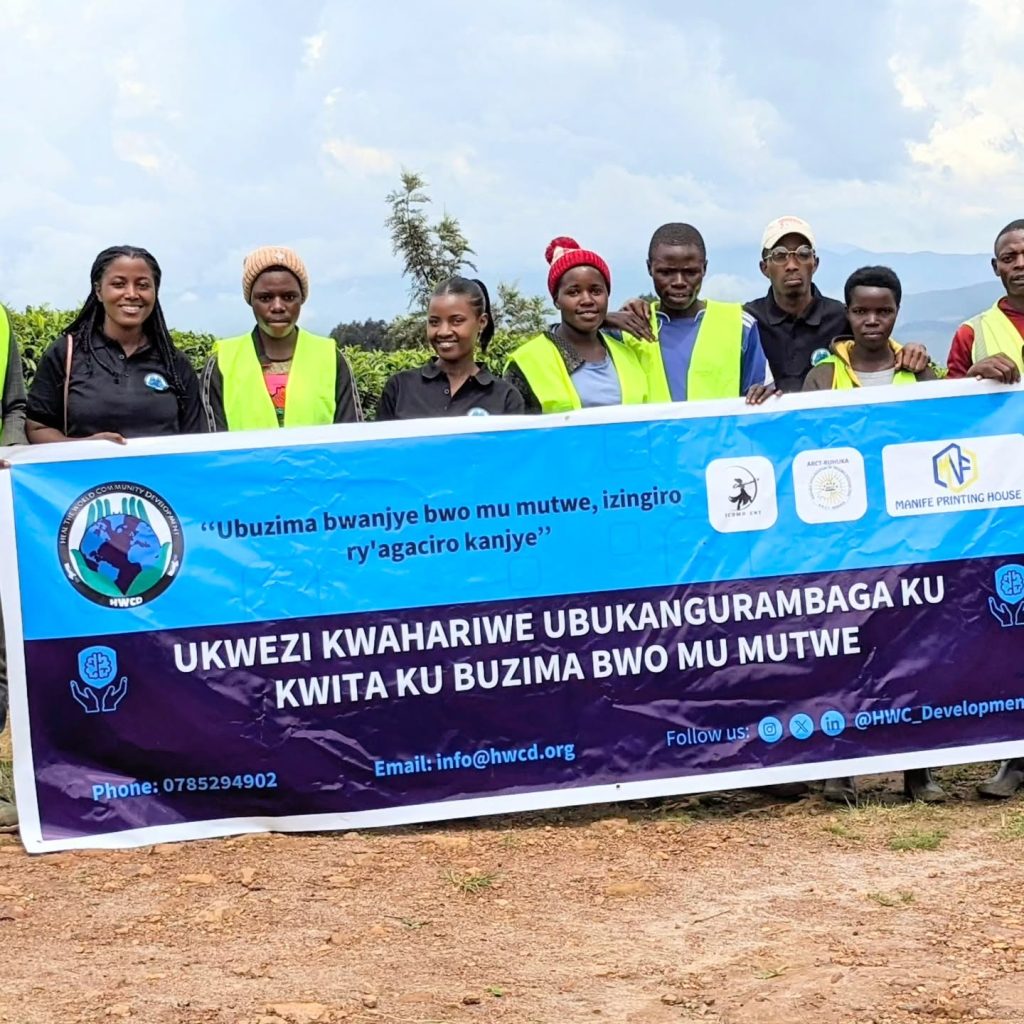
Mental Health Awareness
Mental health challenges in Rwanda, particularly in rural areas, are widespread but often ignored, with approximately 20% of the population experiencing mental health disorders, and among genocide survivors, this rises to 52%. The stigma surrounding mental health and the lack of trained professionals and resources prevent many from seeking help, resulting in untreated conditions like depression, anxiety, and trauma. To address this, we implement community awareness campaigns, train local stakeholders in mental health first aid, establish peer-led support groups, and introduce mental health education in schools. Our methodologies emphasize community engagement, school-based interventions, and mobile health services to increase access and reduce stigma. By fostering understanding and providing accessible services, we aim to create resilient communities with improved mental well-being and productivity.
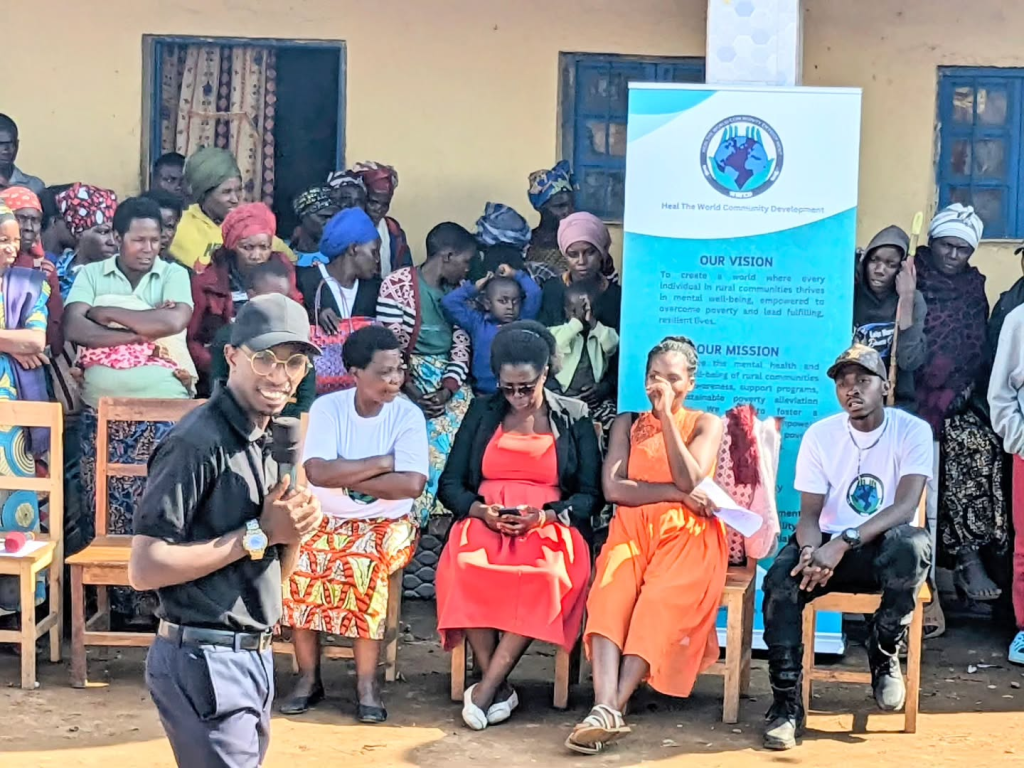
No Poverty
In rural Rwanda, where 38% of the population lives below the poverty line, poverty remains a significant issue, exacerbated by limited economic opportunities and reliance on subsistence farming. Women and girls face additional barriers, including limited access to education and financial independence, perpetuating gender inequality. Our solutions include vocational training in tailoring, agribusiness, and digital literacy, establishing microfinance initiatives to support entrepreneurship, promoting cooperatives, and connecting rural producers to broader markets. These efforts are implemented through community-based programs, partnerships with organizations, and empowerment of women and youth. By enabling financial stability and economic inclusion, we aim to break the cycle of poverty and foster sustainable development in rural communities.
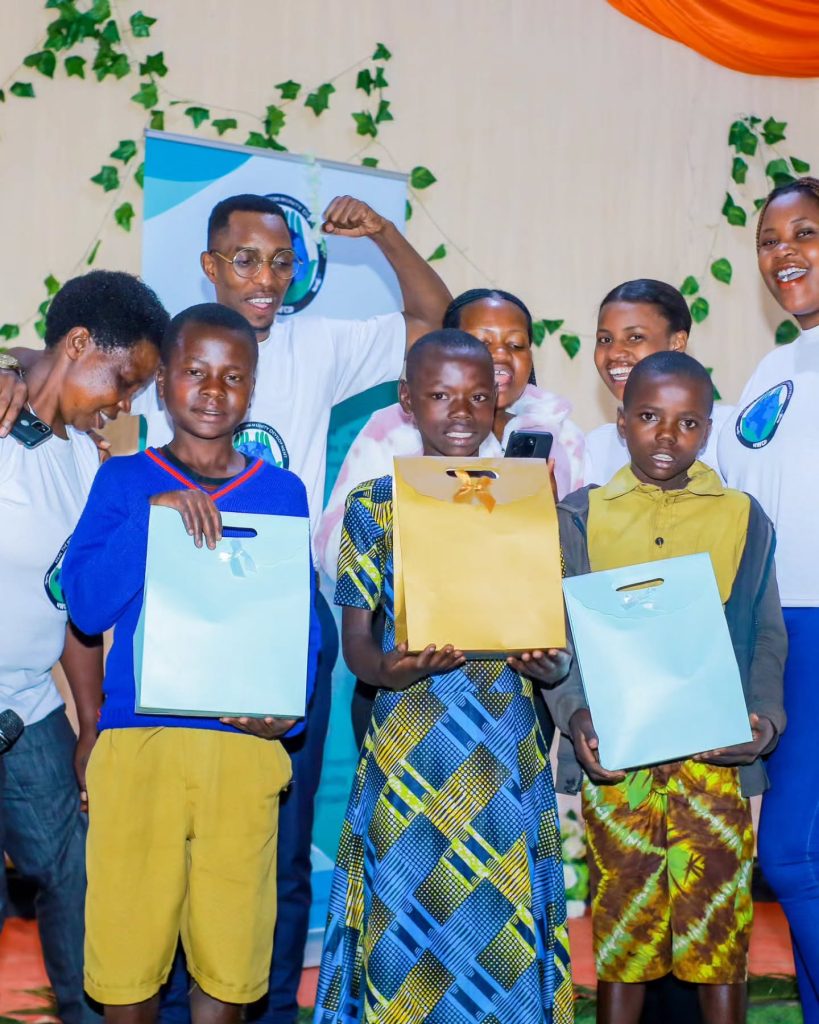
Quality Education
In Rwanda, particularly in rural areas, access to quality education remains a challenge due to limited resources, inadequate infrastructure, and gender disparities in school attendance. Many children, especially girls, drop out due to poverty, early pregnancies, or cultural barriers. To address this, we provide scholarships, supply educational materials, and establish mentorship programs to support vulnerable students. We also focus on teacher training, improving school facilities, and advocating for inclusive education policies. Our methodologies include collaborating with local stakeholders, leveraging community involvement, and integrating life skills into curricula. Through these interventions, we aim to ensure equitable access to quality education, empowering children and youth to achieve their full potential and contribute to national development.
Crosscutting Areas
To enhance the impact of our thematic areas, we also focus on the following crosscutting areas ensuring a comprehensive approach to community empowerment and resilience.
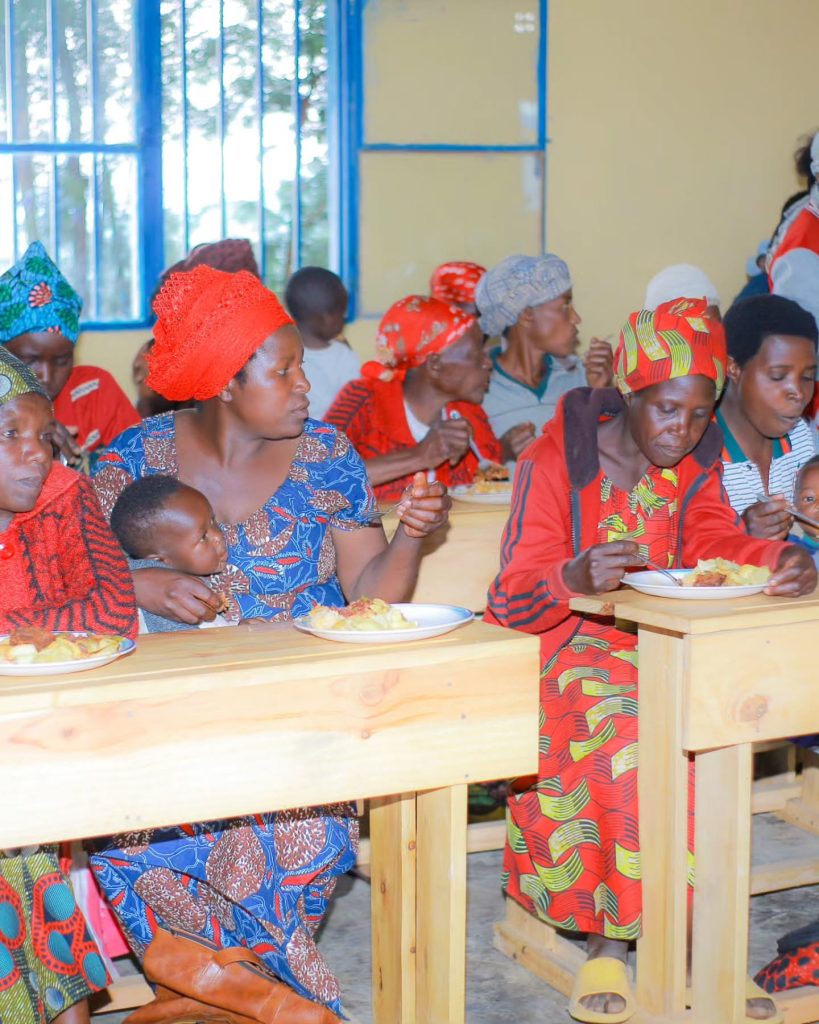
Gender Equality
Gender equality plays a crucial role in ensuring the success of initiatives in poverty alleviation, education, and mental health. For example, empowering women economically contributes significantly to reducing poverty, as women are often primary caregivers in households. In education, gender equality ensures that girls, who are frequently excluded due to cultural and financial barriers, have equal access to learning opportunities. Additionally, addressing gender-based disparities in mental health services ensures that women, who are more likely to face trauma and mental health challenges, receive adequate care. By fostering gender equality, these thematic areas can achieve more sustainable and inclusive outcomes.
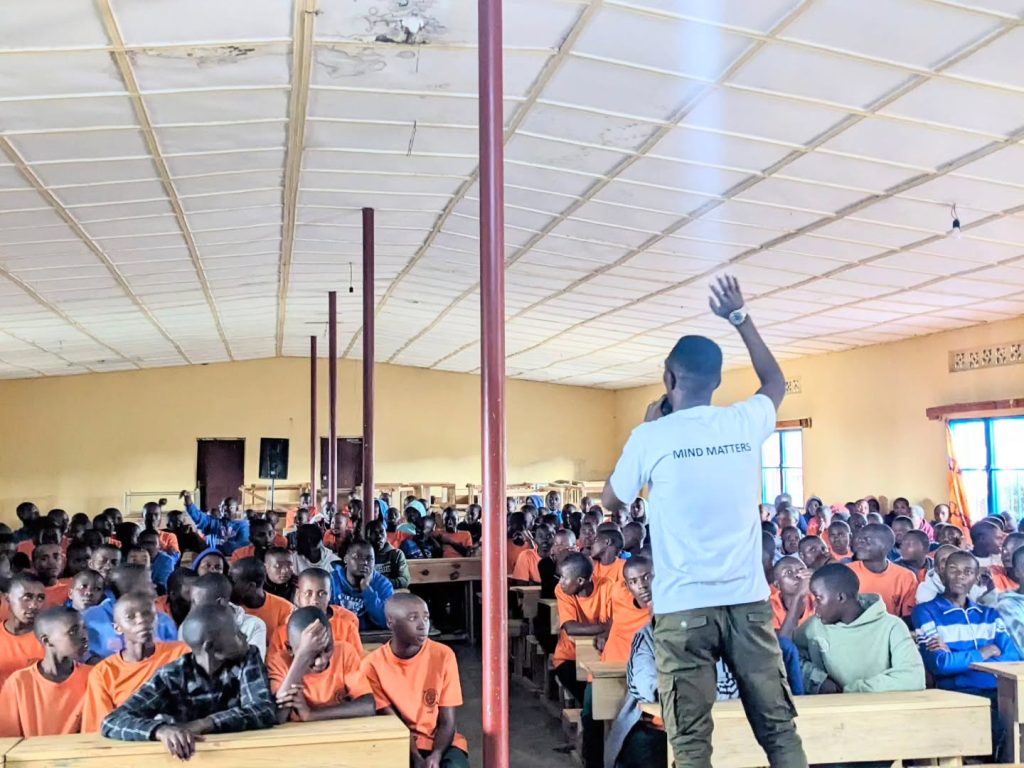
Sexual and Reproductive Health (SRH)
Sexual and reproductive health is interwoven with education, poverty reduction, and mental health awareness. Access to SRH education and services enables young people to make informed decisions, reducing school dropouts caused by early pregnancies and contributing to long-term economic empowerment. Furthermore, SRH is critical for mental health, as unplanned pregnancies or reproductive health challenges often lead to psychological distress. Empowering communities with SRH information and resources helps create healthier, more productive individuals who can fully participate in their education and economic activities.
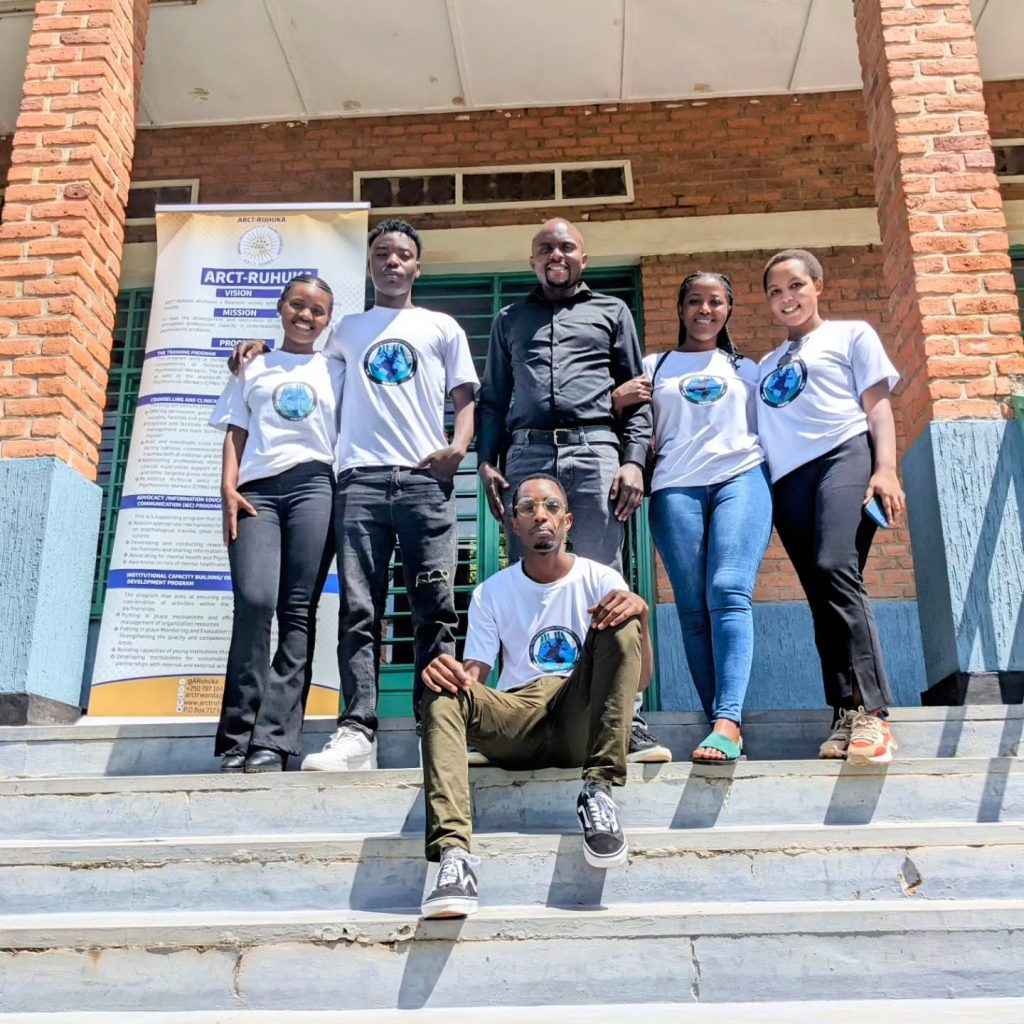
Climate Change
Climate change affects poverty reduction and mental health significantly, particularly in rural areas reliant on agriculture. Climate shocks such as droughts and floods disrupt livelihoods, driving families deeper into poverty. This economic strain, in turn, affects access to education as children are often pulled out of school to help at home. Moreover, climate-related stress contributes to mental health challenges within communities. Addressing climate change through adaptation and resilience-building measures supports the sustainability of poverty reduction and mental health initiatives, ensuring that vulnerable populations can withstand environmental and economic shocks.
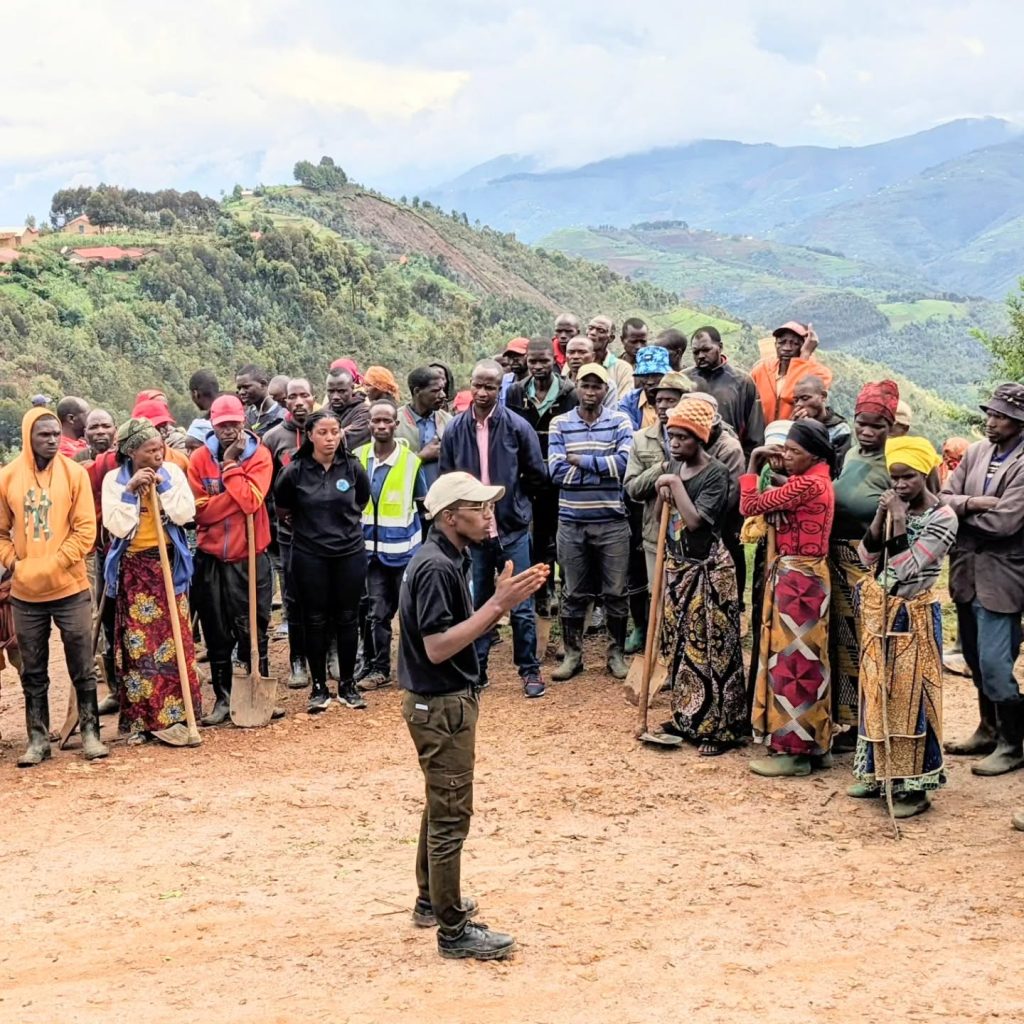
Peace and Conflict Resolution
Peace and conflict resolution are essential for creating environments where education, poverty reduction, and mental health programs can thrive. Conflicts disrupt schools, destroy livelihoods, and leave deep psychological scars, particularly among children and youth. Peacebuilding efforts foster stability and social cohesion, allowing communities to rebuild and focus on development. Mental health programs often work hand in hand with peace initiatives to provide trauma counseling, while poverty reduction programs gain traction in conflict-free environments where economic activities can flourish. By promoting peace and addressing the root causes of conflict, communities can achieve holistic progress across thematic areas.
JOIN US NOW
We invite you to be a part of our journey.
Whether through volunteering, donating, or spreading the word about our initiatives, your support can make a difference. Together, we can create a world where every individual has the opportunity to thrive, regardless of their circumstances.
